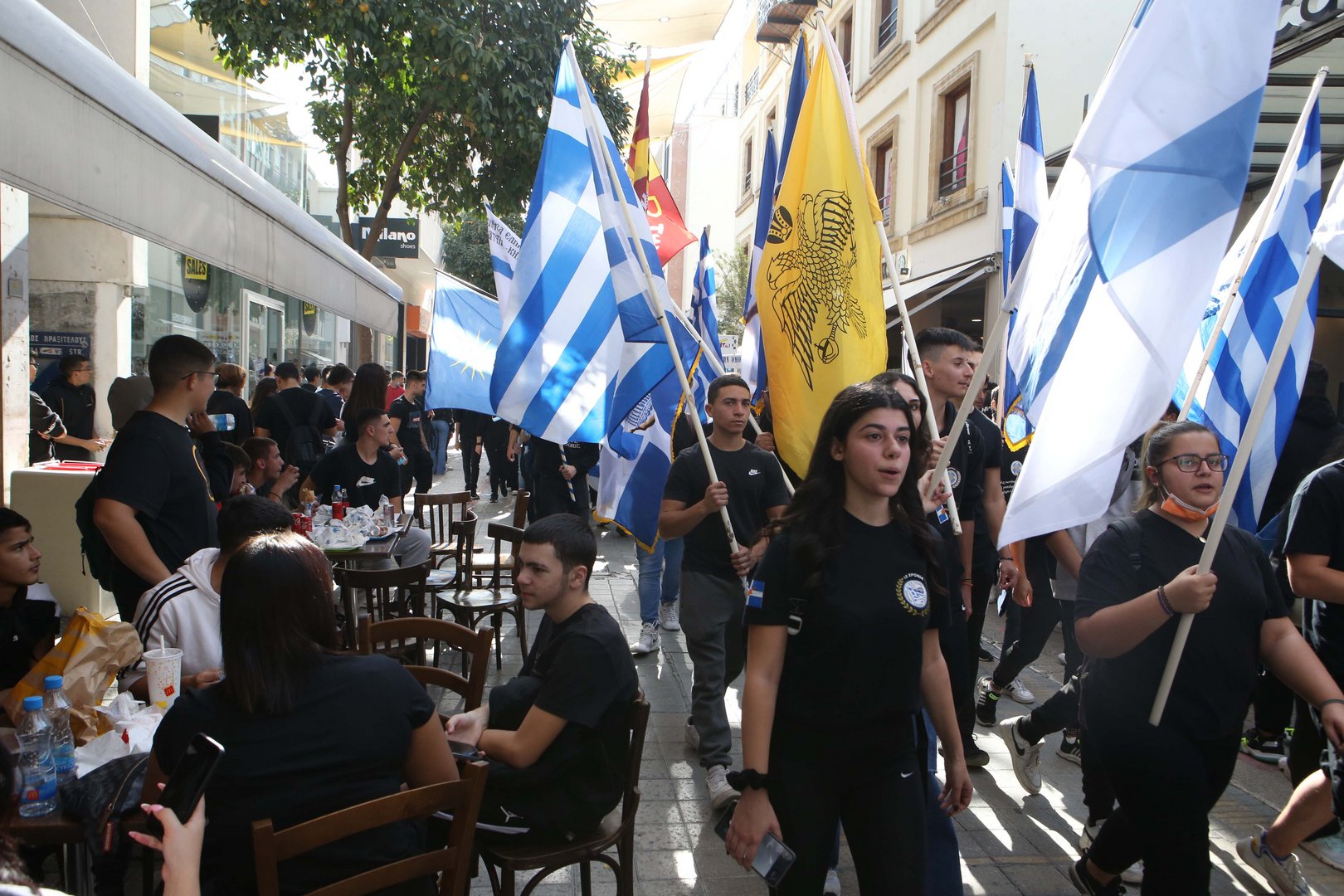Secondary school students will be out on the streets today to stage their annual protest against the anniversary of the establishment of the pseudo-state. The Turkish Cypriot leader Rauf Denktash had taken the Cyprus government by surprise with his ‘unilateral declaration of independence’ (UDI) on November 15, 1983, but 41 years later, the ‘Turkish Republic of Northern Cyprus’ is still recognised by no-one except Turkey.
Recognition of the ‘TRNC’ is now the priority of the Turkish Cypriot leader Ersin Tatar, who has set as a condition for a resumption of talks acceptance of separate sovereignty, or more practically speaking direct trade, direct flights and international contacts. This will never be accepted by President Nikos Christodoulides, who views Tatar’s condition as a red line he cannot possibly cross.
In fact, the only victory Cyprus diplomacy has to show since the establishment of the pseudo-state was preventing its recognition. We often hear ambassadors, foreign ministry officials and politicians announcing that they prevented the ‘upgrading’ of the pseudo-state, which would have meant the ‘downgrading’ of the Republic, as if recognition is something that takes place by degrees and is a zero-sum game.
That no country apart from Turkey has recognised the ‘TRNC’ is owed to the opposition of the international community to such a move rather than to our assertive diplomacy. If the United States had decided it would recognise the breakaway entity, as it had done in the case of Kosovo, there is very little Cyprus diplomacy could have done to avert this. Kosovo unilaterally declared its independence from Serbia in 2008 and is now diplomatically recognised by more than 100 member states of the UN; Cyprus and Greece have not recognised Kosovo.
Cyprus is fortunate that the international community and particularly the EU are opposed to a second state being set up in Cyprus, which is why they have consistently supported all efforts over the years, aimed at securing a settlement. The EU would certainly prefer a reunified Cyprus and the whole island being part of the Union rather than having it split into the Republic and the ‘TRNC’ which would be just a label for a province of Turkey. The latter option is now the more likely with all the future dangers this involves.
President Christodoulides insists that the current situation is unsustainable, but he does not deem it necessary to do anything to end it other than repeat the same statement about resuming the talks from where they stopped at Crans Montana, which seems more a case of wishful thinking than a pragmatic proposal for moving things forward.
Sadly, it does not look like this will be the last November 15 on which teenage students will walk out of their classes to roam the town centres, supposedly protesting about UDI. Meanwhile, north of the Green Line, Turkish Cypriots will carry on celebrating the anniversary of UDI, even if 50 years later no country other than Turkey has recognised the ‘TRNC’. There is no escaping the thought that for both sides, although things are not perfect, they are deemed better than any alternative.







Click here to change your cookie preferences